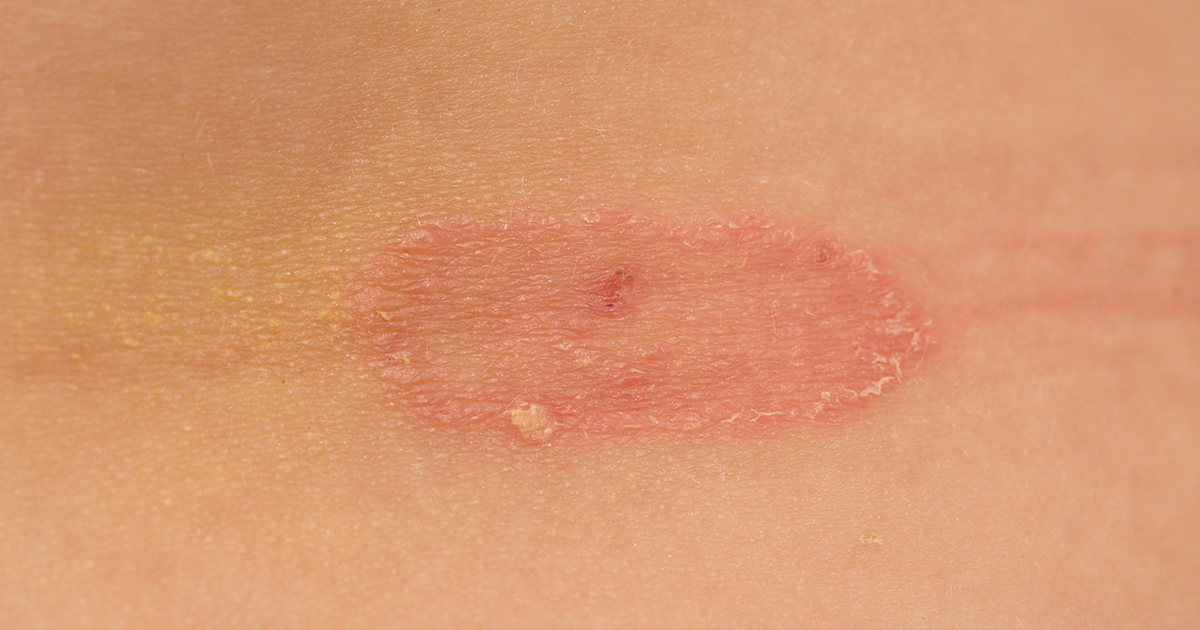Signs Of An Immunodeficiency Disorder
Fungal Infections

Fungal infections are caused by small living organisms called fungi, which include yeasts and molds. These organisms live in the human body naturally and remain under control. However, a compromised immune system cannot maintain the bodies flora or manage the growth of fungi, as they may become unmanageable and take over their host. This can lead to complications and serious health issues. Several types of infections that can signal an immunodeficiency disorder include yeast infections, ringworm, and aspergillosis. When you develop a yeast infection, this single-celled organism invades your body can infect any area on your body, including your skin, sexual organs, armpits, and toenails. It thrives in moist areas and produces a rash when present.
Ringworm is a contagious infection caused by tinea corporis a fungus that affects the skin. It forms a round, flat, and itchy rash. These sores can appear anywhere on the human body and spread through clothing, linens, and furniture. Aspergillosis is a mold that lives everywhere and does not affect people with healthy immune systems. It affects those who are not capable of fighting off disease and causes allergic reaction and lung infections.
Digestive Problems

If the immune system isn't strong enough to fight disease, the body becomes prone to developing digestive problems. The digestive system, as many know, is responsible for breaking down food into tiny particles the body can absorb. Proteins, fats, and carbohydrates are all necessary nutrients that keep you energized and promote cell repair. When someone is suffering from an immunodeficiency disorder, their digestive system is affected. They may deal with diarrhea or bacterial gastroenteritis.
Diarrhea causes loose, watery stools and pain in the abdomen. This can be a dangerous condition and lead to dehydration if not the symptoms are not addressed. Bacteria and viruses in contaminated food are usually the culprits of this painful stomach ache.
Bacterial gastroenteritis occurs when harmful bacteria enters your gut, causing inflammation in the stomach and intestine. The salmonella, shigella, and E. coli bacteria can make you ill when ingested. The symptoms of an infection include loss of appetite, vomiting, abdominal cramps, and diarrhea.
